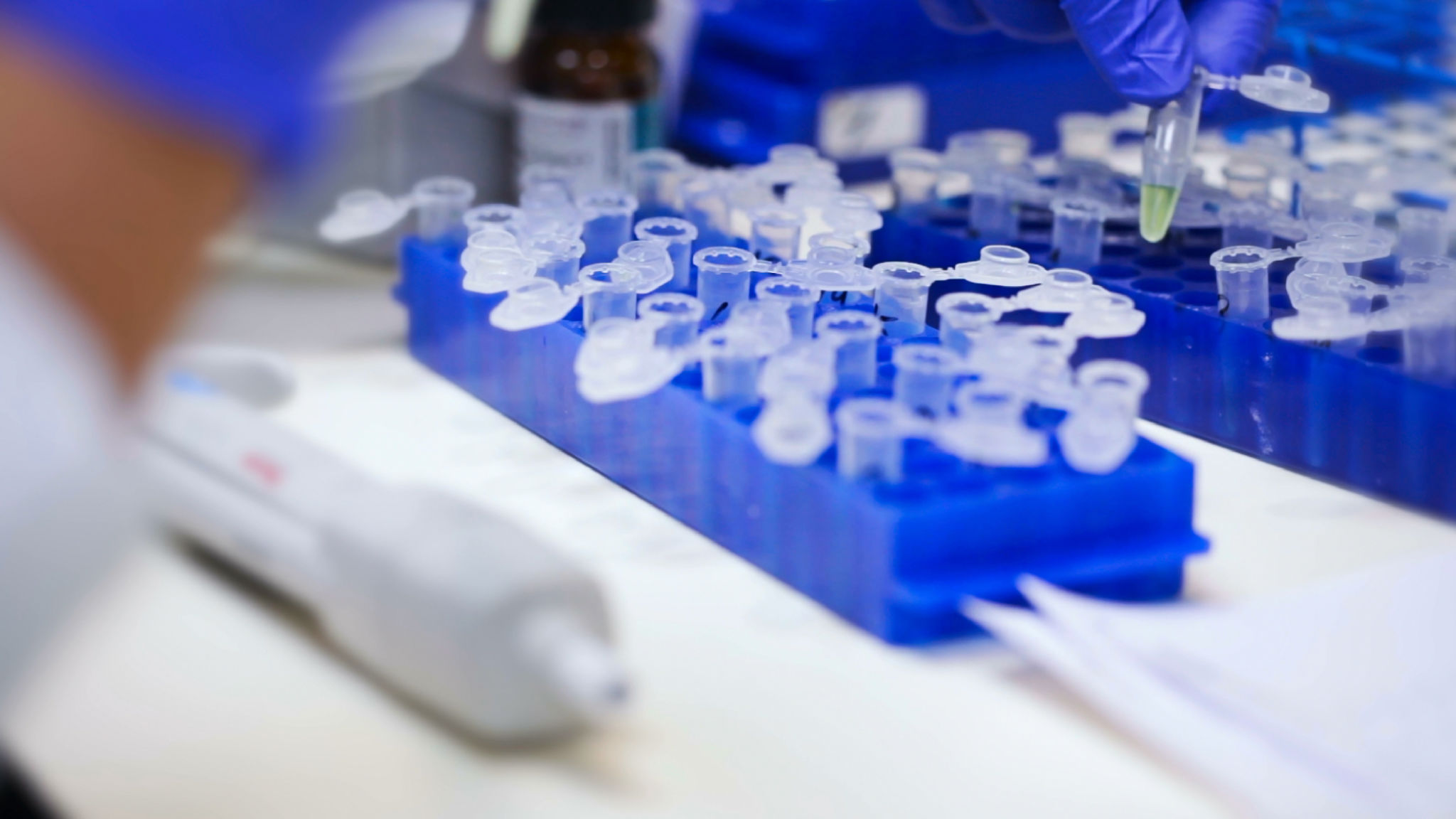Debunking Common Myths About Biotechnology and Health
Unveiling the Reality of Biotechnology
Biotechnology, a field that bridges the gap between biology and technology, has been surrounded by numerous myths and misconceptions. As the world increasingly relies on biotech innovations for health solutions, it is essential to separate fact from fiction. In this article, we aim to debunk some of the most common myths associated with biotechnology and its impact on health.

Myth #1: Biotechnology is Unsafe
One of the most pervasive myths is that biotechnology is inherently unsafe. This misconception often arises from a fear of the unknown and the complex nature of biotechnological processes. However, it's important to understand that biotech products undergo rigorous testing and regulatory scrutiny before they are approved for public use. Regulatory bodies such as the FDA and EMA ensure that these products meet strict safety standards.
For instance, genetically modified organisms (GMOs), a subset of biotechnology, have been extensively studied and are considered safe for consumption and environmental release. The scientific consensus supports their safety, with numerous studies demonstrating no adverse health effects linked to GMOs.
Myth #2: All Biotech Products Are Genetically Modified
Another common misconception is that all biotechnology products are genetically modified. While genetic modification is a significant component of biotechnology, it is not the sole focus. Biotechnology encompasses a wide range of techniques and applications, including cell therapy, gene editing, and biopharmaceuticals, which do not necessarily involve genetic modification.

For example, biopharmaceuticals like insulin, produced through biotechnology, are not genetically modified organisms but are derived using recombinant DNA technology to treat conditions such as diabetes. Thus, biotechnology's scope extends far beyond GMOs, offering diverse solutions to health challenges.
Myth #3: Biotechnology Only Benefits Big Corporations
There is a widespread belief that biotechnology primarily benefits large corporations at the expense of small farmers and consumers. While it is true that major biotech companies play a significant role in the industry, many biotech advancements are designed to benefit society as a whole. Small farmers can access biotech crops that are resistant to pests and diseases, potentially reducing their reliance on chemical pesticides and increasing yields.
Furthermore, the development of affordable biopharmaceuticals and vaccines has made life-saving treatments accessible to people in low-income countries. Biotech innovations have the potential to democratize healthcare by providing effective solutions that are both accessible and sustainable.

Myth #4: Biotechnology Harms Biodiversity
The impact of biotechnology on biodiversity is frequently misunderstood. Some people argue that biotech practices harm natural ecosystems and reduce biodiversity. However, research indicates that biotech crops can coexist with traditional agriculture without detrimental effects on biodiversity when managed properly. In fact, biotech crops can contribute to biodiversity by reducing the need for land conversion and preserving natural habitats.
Additionally, biotechnology can aid in conservation efforts by developing pest-resistant plants and creating new methods for preserving endangered species through genetic research and cloning techniques.
Conclusion: Embracing Biotech for a Healthier Future
As we continue to explore the potential of biotechnology in improving health outcomes, it is imperative to dispel myths that may hinder its acceptance. By understanding the facts and recognizing the benefits biotechnology brings, we can embrace these innovations with confidence.
Biotechnology holds promise for addressing global health challenges, enhancing food security, and preserving our planet's biodiversity. By fostering informed discussions and promoting scientific literacy, we can ensure that biotechnology fulfills its potential as a tool for positive change.
